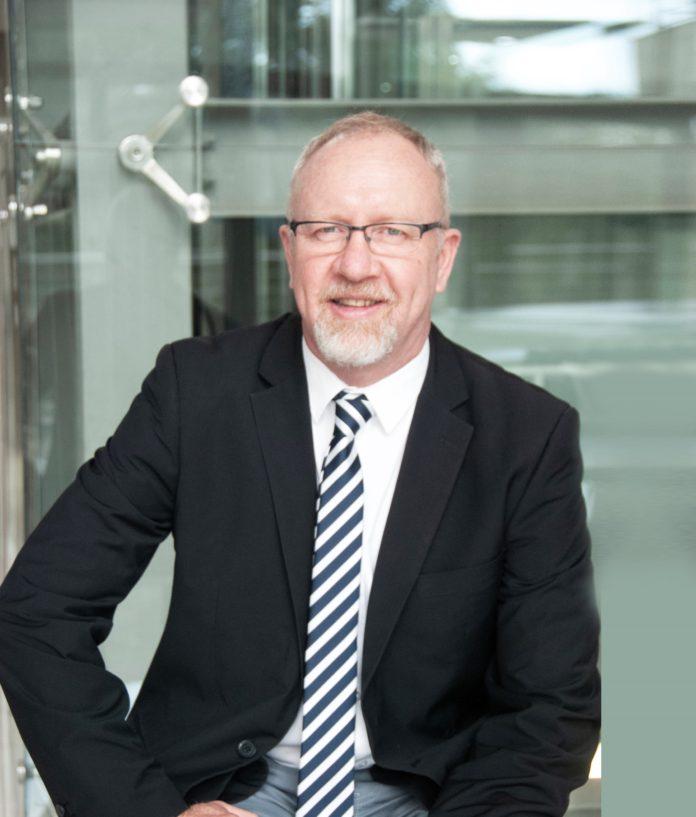AECOM, the world’s trusted infrastructure consulting firm, has launched the latest edition of its flagship report ‘The Future of Infrastructure: Lost in transition?’. Drawing on research conducted with senior executives and leaders across numerous industries, the report lets companies see where they stand within the broader energy transition continuum. It offers key insights and actionable steps for a practical, profitable, predictable and people-centric transition to net zero.
The report details the latest barriers to decarbonisation, thanks to original research and a global survey of nearly 850 senior executives at companies spanning nine industries and 22 countries. Just 17% of companies surveyed have achieved an advanced level of their core decarbonisation ambitions, despite almost three-quarters reporting they are now significantly accelerating their adaptation to the energy transition. Ahead of COP 28 in Dubai from 30 November to 12 December, the report firmly spotlight’s the importance of collaboration to achieve the global energy transition needed to decarbonise.
“Particularly for experts in the environmental space, it is critical to share knowledge and that is where AECOM excels as a global organisation. We pull in voices from the local communities we are involved with and all stakeholders in our projects, whether in Africa or the Middle East. We have good relationships with all the specialists we co-opt when needed and we place a major emphasis on inclusivity and diversity and all other social aspects wherever we may be working,” says Elisabeth Nortje, Associate Director, Environment, Africa.
Africa MD Darrin Green urges all countries involved in COP 28 to honour their commitments “so we can see it happening on the ground. AECOM has the skillset to provide support in this regard. Working globally, from designing and authorising to permitting major infrastructure, we can make a difference.” He continues: “It is embedded in what we do, and it is certainly very much a global focus for AECOM. It is all about lifecycle costs and sustainability.”
The company is working on some of the leading smart cities in the Middle East, which need to address concerns around sustainability, infrastructure and enhanced service delivery. Through AECOM’s Regenerative Development Strategies (RDS), the firm has created a framework to contribute to and achieve an overall vision and sustainability rating system requirements for all its scope of works.
The main RDS objectives include reversing climate change, extracting resources wisely, preventing environmental pollution, reversing biodiversity loss, improving nature services, supporting social cohesion, enlivening a sense of place, building for sustainability and demonstrating the circular economy.
AECOM is a recognised leader in sustainability, resilience and the energy transition, both through the outcomes it delivers for clients and its own decarbonization journey. It was one of the first and only US-based company in the engineering and construction sector to have emissions reduction targets approved by the Science Based Targets initiative (SBTi) to reach science-based net zero by 2040. The continued success of its Sustainable Legacies strategy has allowed the company to deliver resilient, sustainable and equitable solutions to national governments, global Fortune 500 companies, prominent NGOs and other major clients around the world.
The report concludes: “There’s no single blueprint for navigating the energy transition but there are a multitude of actions organisations can take to accelerate a practical, profitable, predictable and people-centric transition to net zero. Our hope is that this report will inform, stimulate discussion and support collaboration across industries and sectors. Working as a collective, there is indeed a prosperous path to net zero and a better world.”












